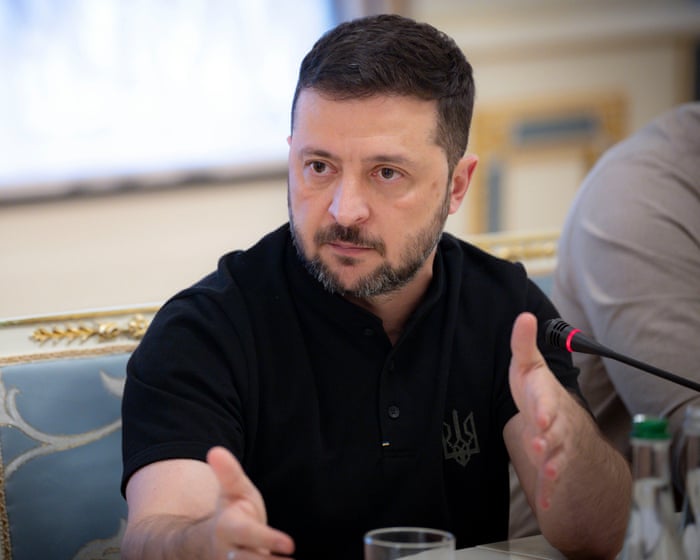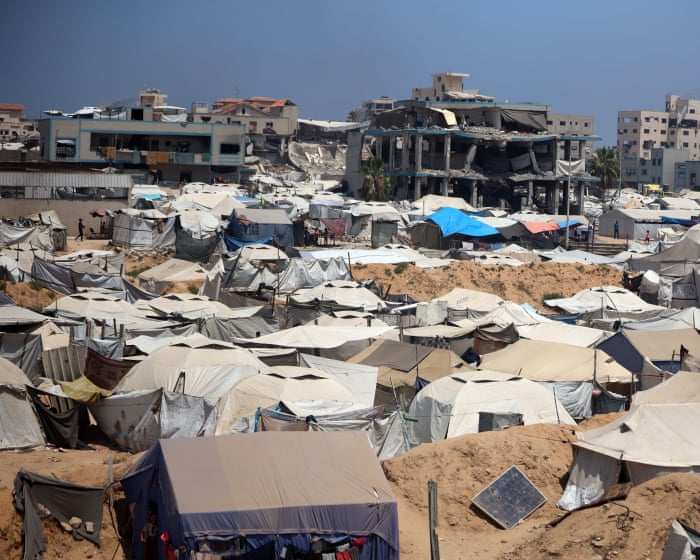Twelve hours before Euro 2025 reached its climax, UEFA’s executive director of football, Giorgio Marchetti, spoke to a room full of delegates in Basel. As officials from clubs, federations, and other stakeholders sipped their morning coffee, they gathered for a forum partly meant to reflect on the past month. The mood was unmistakably celebratory, and Marchetti wanted it to last. He assured them the tournament wouldn’t be “like a butterfly, over in 24 hours”—its impact would resonate far into the future of the growing sport.
The excitement showed no signs of fading as celebrations stretched late into the night after England’s thrilling victory over Spain. There was a mix of euphoria and relief that the hosts and organizers had pulled off what some saw as a risky endeavor. Switzerland’s modest football infrastructure and lukewarm enthusiasm for women’s football had raised doubts, but the tournament delivered in every way.
Swiss football association president Dominique Blanc summed it up on Monday: “It’s a very strong image of Switzerland that has been shared with the whole world. It has exceeded our expectations as organizers—and UEFA’s too.”
The numbers spoke for themselves. Switzerland benefited from an estimated 200 million francs (£186m) in tourism revenue, while UEFA could boast record-breaking attendance—over 657,000 fans, with nearly every match sold out. Visiting supporters outnumbered those at previous tournaments, proving the event’s widespread appeal.
Beyond the statistics, the tournament showed the value of hosting in countries that aren’t autocratic regimes or oil-rich states. Switzerland embraced the challenge, delivering unforgettable moments like the sea of red-clad fans marching through Bern before their historic quarter-final against Spain. Fan walks became a staple throughout the tournament, showcasing a vibrant, growing supporter culture in women’s football. UEFA had hoped to learn more about the sport’s audience, and the answers were compelling.
Switzerland also experienced new emotions, like the deafening roar in Geneva when the national team dramatically equalized against Finland. The country rallied behind its young, multicultural squad without the cynicism often directed at the men’s team. Rising stars like Sydney Schertenleib and Iman Beney now offer exciting potential for the future.
The question is whether Switzerland can sustain this momentum before the next Nations League campaign in February. UEFA will hope so, as it seeks to strengthen the pool of competitive teams. England’s victory at least proved Spain could be beaten, though some observers were quietly disappointed by the performances of other top teams. France and Germany lacked conviction, the Netherlands underperformed, and Sweden—despite looking like the best-prepared challengers—fell short against an England side driven by destiny.
Even England’s coach, Emma Hayes, noted at UEFA’s forum that their transitions weren’t as sharp as in Euro 2022—a telling observation. Still, the tournament left no doubt that women’s football continues to rise, with Switzerland playing a key role in its latest chapter.While the overall quality at the top level didn’t improve much this year, there was noticeable progress further down the ranks.
Tournaments aren’t just about technical excellence—the excitement comes from those adrenaline-fueled moments, especially for viewers at home. The fact that so many key matches went to penalties or dramatic extra-time finishes only added to the competition’s appeal. These nail-biting moments, far more than one-sided victories, are what stick in fans’ memories. Euro 2025 delivered more of these unforgettable instances than any previous edition.
UEFA now faces an important decision about the tournament’s future. Insiders know it needs careful handling, even though its president, Aleksander Ceferin, made only brief appearances. Switzerland’s successful hosting has opened the door for a more ambitious choice for Euro 2029, with Germany emerging as the early favorite—a logical pick given its capacity to accommodate an expanded tournament, a possibility that hasn’t been ruled out. While a 24-team format is inevitable, 2033 seems a more realistic target.
Financially, breaking even and proving the tournament’s commercial viability remains a key priority, as UEFA’s women’s football director Nadine Kessler recently emphasized. Overexpansion could be risky when the current model is just finding its footing.
But for fans, the lasting memories won’t be about finances—they’ll be about the moments: Ann-Katrin Berger’s stunning save against France, Aitana Bonmatí’s semi-final brilliance, and the chaos of Chloe Kelly’s winning penalty. Euro 2025 built on past successes and, despite future challenges, laid the groundwork for something much bigger.



